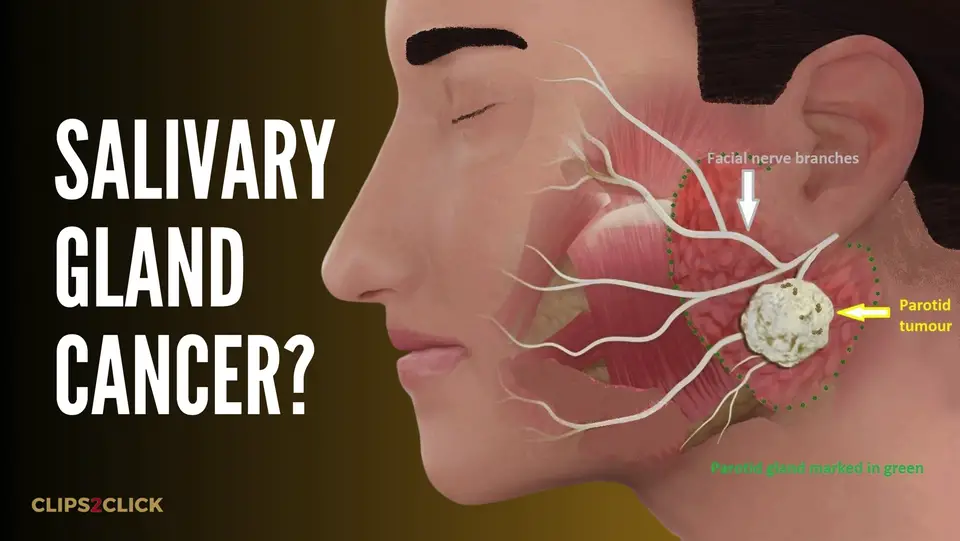The Potential of Hallucinogens: Ancient Keys to Modern Mental Health
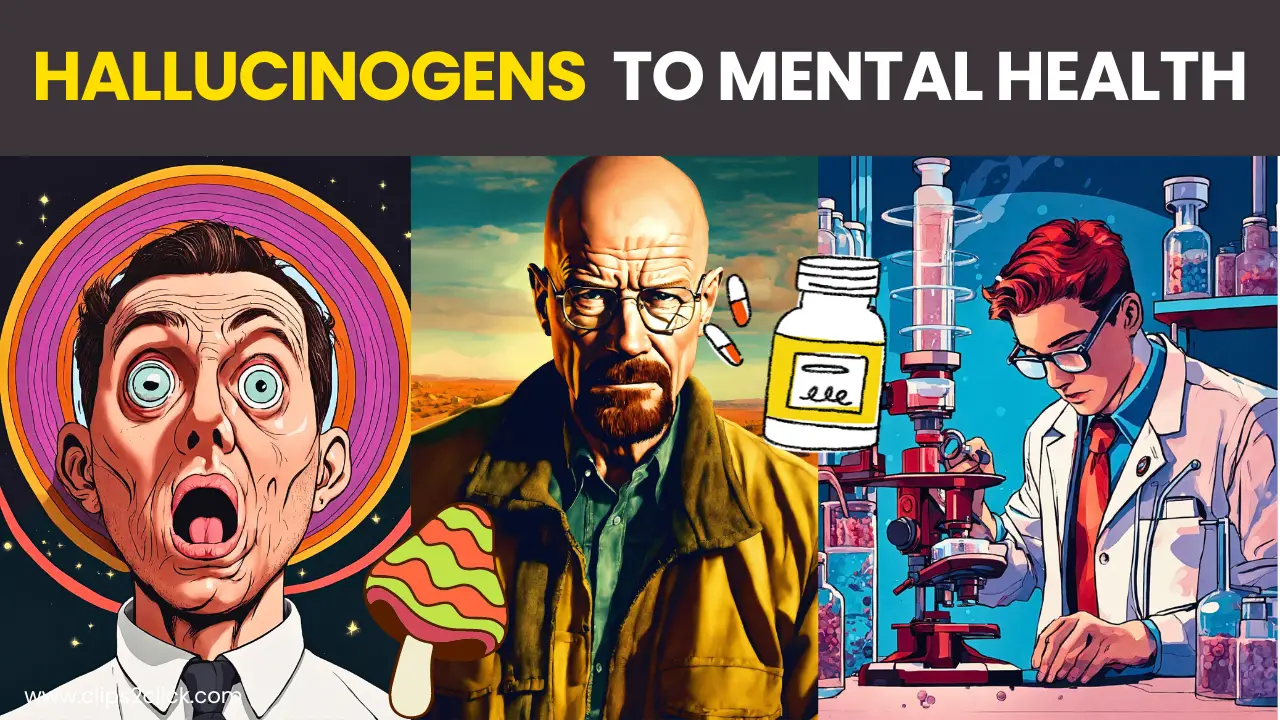
The human mind is a vast and unexplored territory, capable of perceiving reality in ways we can scarcely imagine. For thousands of years, various cultures have sought to unlock these altered states of consciousness through the use of hallucinogens – powerful psychoactive substances that have captivated our species since ancient times.
From the ancient Eleusinian Mysteries of Greece to indigenous rituals of the Americas, hallucinogens have long been associated with profound mystical experiences.
In the 1950s and ’60s, scientists began to investigate the potential therapeutic benefits of hallucinogens. One of the most famous studies was the “Good Friday Experiment,” where 20 theology students were given the hallucinogen psilocybin or a placebo during a Good Friday church service.
Those who received psilocybin reported intense religious experiences, sparking hopes that hallucinogens could treat conditions like addiction, anxiety, and depression by inducing spiritually transformative psychological insights.

However, the widespread recreational abuse of hallucinogens during the counterculture era led to a societal backlash, ultimately resulting in their criminalization under the Controlled Substances Act of 1970. This legislation also had the effect of suppressing most scientific research concerning hallucinogens for decades.
The Psychedelic Renaissance: Hallucinogens Make a Comeback
After years in the shadows, hallucinogen research has mounted a quiet comeback over the past 20 years, albeit on a small scale due to tight governmental regulations. Using updated protocols and strict safety controls, the findings from these modern studies have been remarkable.
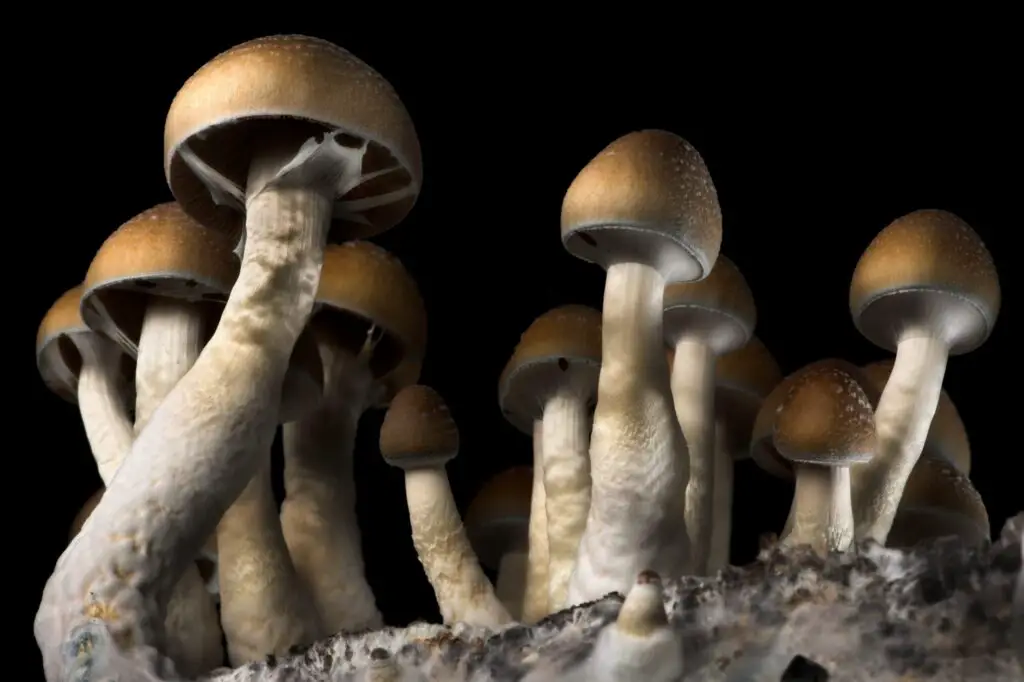
Cancer patients treated with psilocybin reported lasting reductions in anxiety, depression, and demoralization from their diagnoses – improvements that exceeded conventional treatments.
Alcoholics given doses of LSD or psilocybin were more likely to embrace sobriety in the years after, compared to control groups.
It appears that by temporarily dissolving the ego and granting a higher level of self-awareness, hallucinogens can uproot deeply embedded psychological patterns for those struggling with mental afflictions. As one researcher put it, psychedelics “disrupt that process of self-centeredness that is so pernicious in mental illness.”
The data is preliminary but promising, reigniting hopes that hallucinogens could hold the key to treating a wide range of mental health conditions, from depression and anxiety to addiction and post-traumatic stress disorder (PTSD).
Navigating the Challenges and Stigma
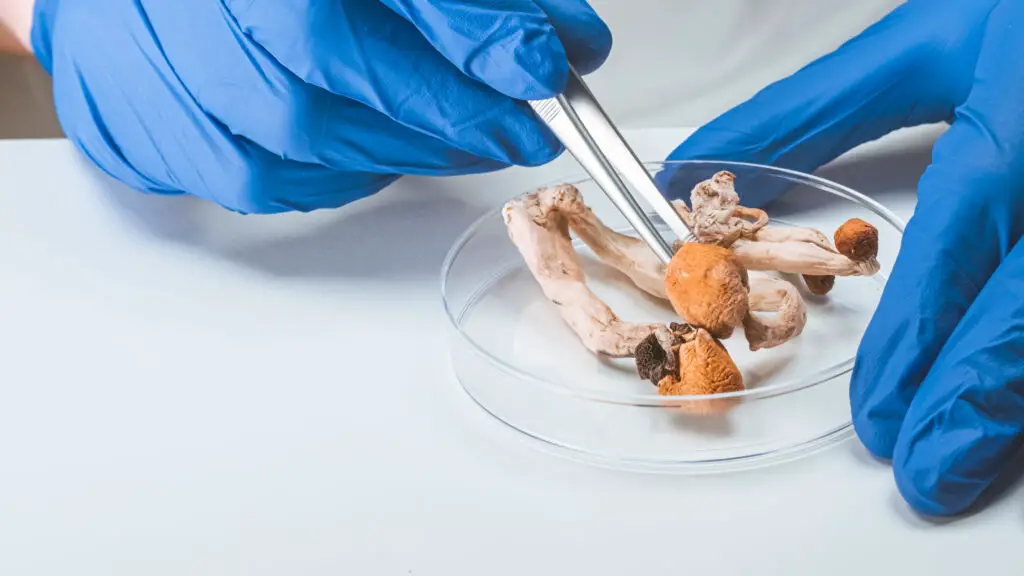
Despite the potential therapeutic benefits, plenty of questions and stigma still surround these substances. Are hallucinogens safe forms of treatment, or are they risky drugs with unpredictable effects? Will the possibility of recreating mystical “peak experiences” spur abuse? Only further research can illuminate the path forward.
Safety is a paramount concern, as hallucinogens can induce intense psychological reactions, including anxiety, panic attacks, and psychosis in some individuals. Proper screening, preparation, and professional supervision are crucial to mitigate these risks.
Additionally, the recreational use of hallucinogens, particularly synthetic compounds like LSD and MDMA (ecstasy), remains a contentious issue.
While some advocates argue for decriminalization or legalization, others fear that relaxing restrictions could lead to increased abuse and negative societal consequences.
Looking Ahead: The Future of Hallucinogen Therapy
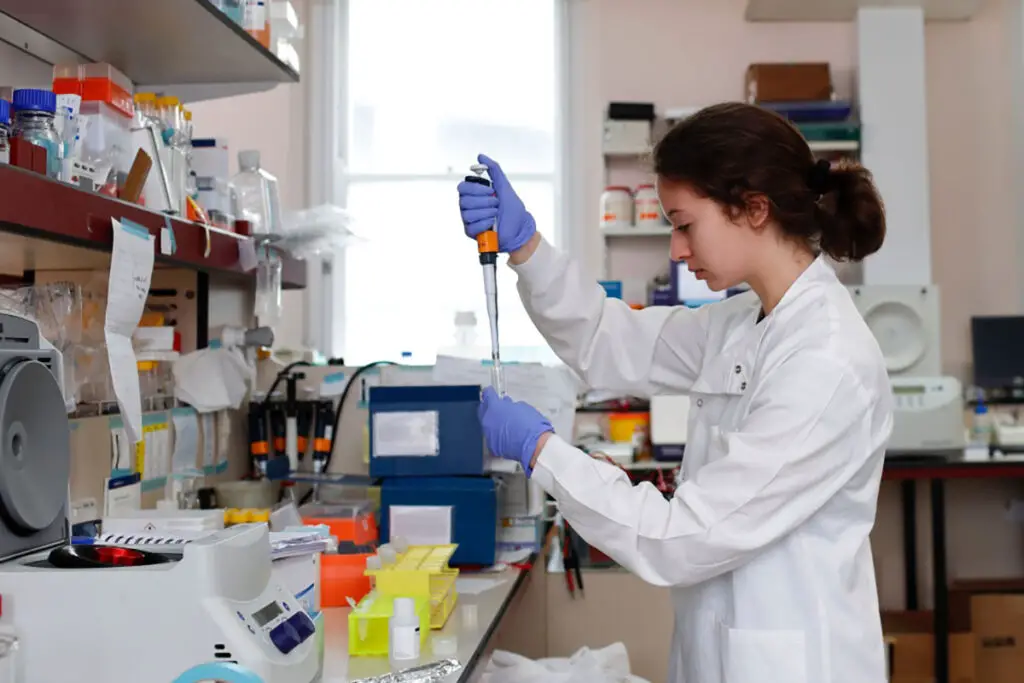
For now, hallucinogens remain in a research renaissance – ancient tools yielding cutting-edge psychiatric insights. By expanding the boundaries of the human mind, these keys to altered perception may one day become keys to mental wellness.
As researchers continue to explore the therapeutic potential of hallucinogens, questions of safety, efficacy, and societal impact will need to be addressed.
However, the early findings fill the mind’s eye with possibility, offering hope for those struggling with mental illness and paving the way for a deeper understanding of the human psyche.
While immense challenges remain, the future of hallucinogen therapy holds the promise of unlocking new realms of consciousness and transforming the way we approach mental health treatment.
The doors of perception are opening once again, and the journey ahead is sure to be a mind-bending exploration of the depths of the human experience.
References
- Encyclopedia Britannica. (n.d.). Investigating Therapeutic Uses for Hallucinogens. [online] Available at: https://www.britannica.com/story/investigating-therapeutic-uses-for-hallucinogens.
- Jenkins, J.P. (2019). hallucinogen | Definition, Types, & Effects. In: Encyclopædia Britannica. [online] Available at: https://www.britannica.com/science/hallucinogen.
- CAMH (2009). 20144 Hallucinogens. [online] CAMH. Available at: https://www.camh.ca/en/health-info/mental-illness-and-addiction-index/hallucinogens.


